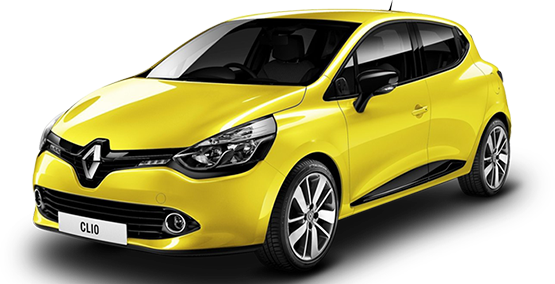
You Can us Ask Questions
General Car Buying Questions
Consider your budget, the type of vehicle that suits your lifestyle, fuel efficiency, safety features, and potential resale value. Also, think about whether you want a new or used car.
Calculate your monthly income and expenses to determine how much you can afford to spend on car payments, insurance, maintenance, and fuel without stretching your finances.
New cars come with the latest features, a full warranty, and no wear and tear, but they are more expensive. Used cars are more affordable and have lower depreciation rates but may require more maintenance.
Use online resources like car review websites, customer reviews, and comparison tools. Consider factors like reliability, safety ratings, fuel efficiency, and the total cost of ownership.
The best time to buy a car is typically at the end of the year, during holiday sales events, or at the end of a model year when dealers are trying to clear inventory.
Contact your bank, credit union, or an online lender to apply for pre-approval. You’ll need to provide financial information, such as your income, employment status, and credit score.
Pay attention to the car’s comfort, visibility, handling, braking, acceleration, and any unusual noises. Also, test the features you’ll use regularly, such as the air conditioning, navigation system, and sound system.
Research the car’s market value, be prepared to walk away, start with a lower offer, and be polite but firm. It’s also helpful to know the dealer’s cost and incentives.
Hidden costs include taxes, registration fees, insurance, extended warranties, maintenance, and fuel costs. Be sure to factor these into your budget.
Choose a dealership with a good reputation, positive customer reviews, and transparent pricing. It’s also important to feel comfortable with the sales staff and their approach.
You Can us Ask Questions
General Car Selling Questions
Use online tools like Kelley Blue Book, Edmunds, or similar platforms to get an estimate. Also, consider getting an appraisal from a dealership or car selling service.
You’ll need the car’s title, a bill of sale, the odometer disclosure statement, and any maintenance records. If applicable, include any loan payoff information.
To sell your car quickly, price it competitively, make it presentable with a thorough cleaning, and advertise it on multiple platforms. You can also consider selling it to a dealership or using a car buying service.
A consignment sale is when you give your car to a dealer to sell on your behalf. The dealer handles the sale, and you pay them a commission once the car is sold.
Selling privately can often get you a higher price, but it requires more effort. Trading in is more convenient, but you may receive less money for your vehicle.
Clean the car inside and out, fix minor issues, gather all maintenance records, and take high-quality photos. Make sure the car is in good running condition.
A car selling consultant provides expert advice, handles negotiations, and connects you with potential buyers. This can save you time and help you get the best price for your car.
Be wary of buyers who offer to pay more than the asking price, insist on non-traditional payment methods, or avoid meeting in person. Always meet in a public place and verify payment before handing over the keys.
In most cases, selling your car privately doesn’t incur a tax liability. However, if you’re selling a car as part of a business, or if the car has appreciated in value, there may be tax considerations.
Be prepared to negotiate by knowing your car’s value and setting a firm minimum price. Be polite and willing to compromise, but don’t feel pressured to accept an offer that’s too low.
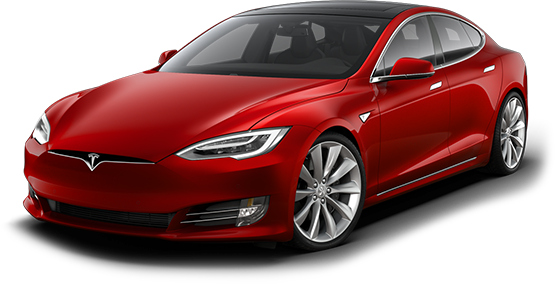
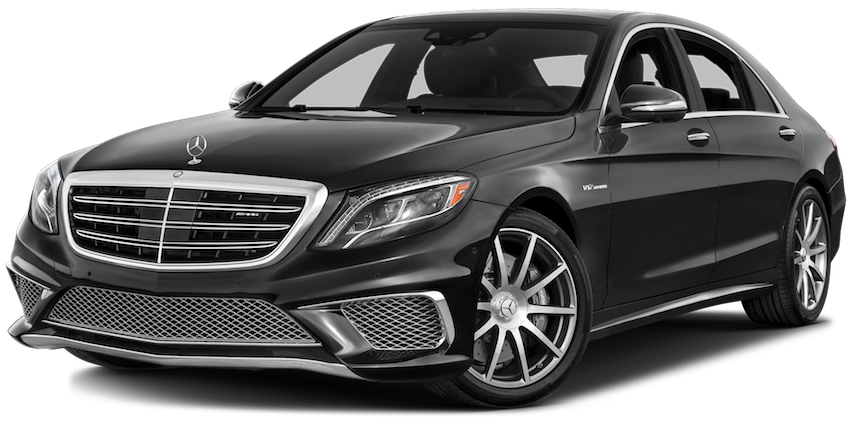
You Can us Ask Questions
Questions About Coastal Motor Advisory
Coastal Motor Advisory is a premium automotive consulting and referral service that provides personalized advice and support for car buying and selling across Australia. Our team of industry experts helps you navigate the market, ensuring you get the best deal.
Coastal Motor Advisory works by offering tailored consultation packages that guide you through every step of buying or selling a car. We connect you with our trusted network of dealers, provide expert advice, and assist with all aspects of the process.
We offer a range of services, including personalized car buying consultations, selling assistance, vehicle appraisals, and connections to our nationwide network of trusted dealers. We also offer exclusive concierge services for high-end vehicle purchases.
Yes, Coastal Motor Advisory provides services across Australia, helping clients in all regions with their car buying and selling needs. Our extensive network ensures access to the best deals nationwide.
You can start by visiting our "Start Your Journey" page, where you'll choose whether you’re buying or selling a car. Fill out the consultation form, and our team will provide personalized advice and guide you through the process.
We offer four consultation packages: Basic, Standard, Premium, and Exclusive Concierge. Each package is tailored to different car value ranges and levels of service, from basic advice to full concierge support.
Yes, Coastal Motor Advisory can help you sell your car by providing a valuation, connecting you with serious buyers, and even offering consignment services through our trusted dealer network.
We leverage our deep industry knowledge and extensive network of trusted dealers to negotiate the best deals for our clients. Our transparent process ensures that you receive honest, unbiased advice.
If we cannot find the perfect car within the specified value range for our consultation packages, we offer a 100% refund of the initial consultation fee.
The timeline can vary depending on your specific needs and the current market. However, our streamlined process is designed to make buying or selling your car as quick and hassle-free as possible.
No, Coastal Motor Advisory operates with complete transparency. All fees are disclosed upfront, and there are no hidden charges.
Yes, as part of our Standard and Premium consultation packages, we assist with financing options and loan pre-approval to help you secure the best possible deal.
Coastal Motor Advisory stands out due to our personalized, client-focused approach, extensive network of trusted dealers, and commitment to transparency. We offer tailored advice and support to ensure a smooth, stress-free car buying or selling experience.
The Exclusive Concierge Package is designed for clients purchasing high-end vehicles valued over $150,000. It includes bespoke consultation, access to a global network of luxury dealers, VIP services, and full support throughout the buying process.
Yes, through our Exclusive Concierge Package, Coastal Motor Advisory can assist with international car purchases, including handling import/export logistics and ensuring compliance with all regulations.
You can contact us through our website’s contact form, by phone, or via email. We’re always here to answer your questions and help you start your journey.
Coastal Motor Advisory can assist with a wide range of vehicles, from budget-friendly options to luxury and specialty cars. Our services are tailored to meet the needs of every client, regardless of the car type.
To sell your car, simply provide photos, a video, your target price, and your desired sales timeframe. We’ll connect you with serious buyers or arrange consignment sales through our network.
Yes, Coastal Motor Advisory is ideal for first-time car buyers. We provide personalized advice, helping you navigate the market with confidence and ensuring you get the best deal.
Coastal Motor Advisory covers all areas in Australia, from major cities to regional towns. Our Australia-wide network ensures you have access to the best deals, no matter where you are located.
No, Coastal Motor Advisory is not a dealer. We are an independent consulting and referral service that provides expert advice and support for car buying and selling. Our role is to guide you through the process, connect you with trusted dealers, and ensure you get the best possible deal, but we do not sell cars directly.
You Can us Ask Questions
General Car
It’s generally recommended to change your car’s oil every 5,000 to 7,500 kilometers, depending on the vehicle’s make, model, and age. However, newer cars with advanced engines may have longer intervals. Always check your owner’s manual for the manufacturer’s specific recommendations.
The check engine light can indicate a variety of issues, ranging from minor problems like a loose gas cap to more serious engine or emissions system malfunctions. If the light comes on, it’s best to have your car checked by a mechanic as soon as possible to diagnose and resolve the issue.
Tire rotation is typically recommended every 10,000 to 12,000 kilometers. Regular rotation helps ensure even tire wear, which can extend the life of your tires and improve your vehicle’s performance and safety.
AWD systems are designed to work automatically, providing power to all four wheels as needed for better traction on slippery surfaces. 4WD systems are usually designed for off-road use and require manual engagement by the driver, distributing power equally to all four wheels for maximum traction in challenging conditions.
To improve fuel efficiency, make sure your tires are properly inflated, your engine is well-maintained, and your car isn’t carrying unnecessary weight. Additionally, driving habits like avoiding rapid acceleration and maintaining a steady speed can significantly improve fuel efficiency.
If your car starts to overheat, turn off the air conditioning and turn on the heater to help dissipate heat from the engine. Pull over to a safe location and turn off the engine. Do not attempt to open the radiator cap while the engine is hot. Allow the engine to cool down before checking the coolant level and, if necessary, adding more.
Car batteries typically last between 3 to 5 years. Signs that your battery may need replacement include slow engine crank, dim headlights, and frequent need for jump-starts. It’s a good idea to have your battery tested regularly, especially as it approaches the 3-year mark.
If your car pulls to one side while driving, it could be due to uneven tire pressure, misaligned wheels, or issues with the suspension or brakes. It’s important to have this checked by a mechanic to diagnose and fix the problem.
Your car’s air filter should be replaced every 15,000 to 30,000 kilometers, depending on driving conditions and your vehicle’s manufacturer recommendations. A clogged air filter can reduce engine efficiency and fuel economy, so it’s important to replace it regularly.
If you get a flat tire, pull over to a safe location away from traffic. If you have a spare tire and the necessary tools, you can change the tire yourself. If you’re not confident in doing so, or if it’s unsafe to change the tire where you are, it’s best to call for roadside assistance.
Signs that your car may need a tune-up include rough idling, difficulty starting, reduced fuel efficiency, or a noticeable drop in performance. Regular tune-ups help keep your car running smoothly and can prevent more serious issues down the line.
Shaking or vibrating while driving can be caused by various issues, such as unbalanced tires, worn suspension components, or engine problems. If you notice shaking, especially at higher speeds, it’s important to have your vehicle inspected to identify and fix the problem.
To protect your car’s paint, regularly wash and wax your vehicle to remove dirt and contaminants. Parking in a garage or using a car cover can also help protect the paint from UV rays, bird droppings, and other environmental factors. Additionally, applying a clear paint protection film can provide an extra layer of defense against scratches and chips.
Premium petrol has a higher octane rating than regular petrol, which means it can withstand higher compression levels before igniting. This higher resistance to pre-ignition is important for some high-performance engines, as it prevents knocking and ensures optimal performance. However, most vehicles are designed to run efficiently on regular petrol, and using premium petrol in these vehicles typically does not provide any significant benefits. Always check your owner’s manual for the recommended fuel type for your vehicle to ensure you’re using the appropriate petrol for optimal performance and efficiency.
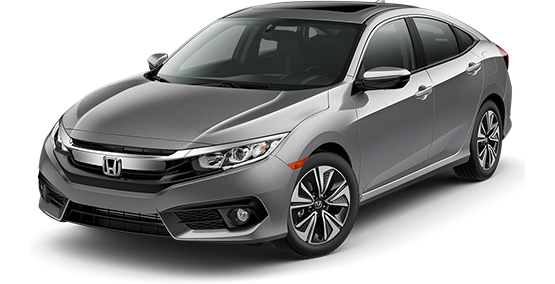
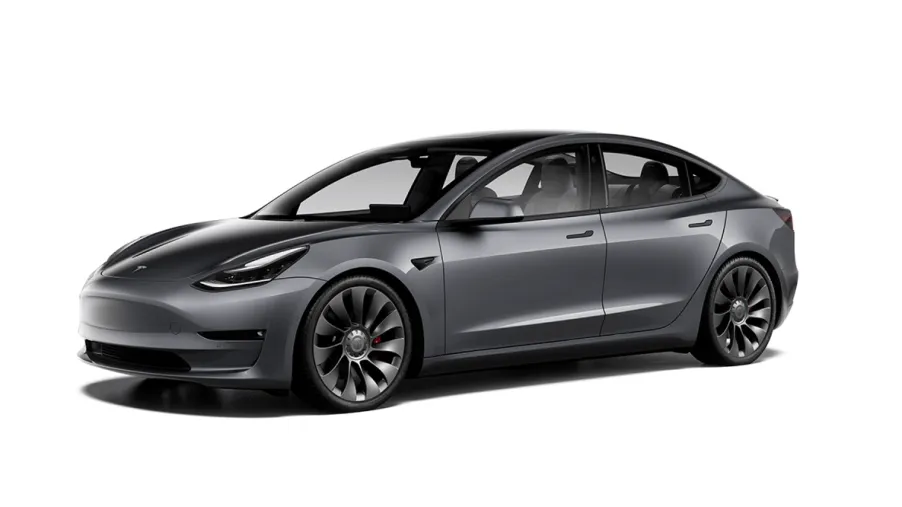
You Can us Ask Questions
FAQs on Electric Cars in Australia
Electric cars (EVs) are vehicles powered entirely by electricity stored in a battery. Unlike traditional petrol or diesel cars, EVs use electric motors to drive the wheels. These motors are powered by energy from the car’s battery, which is charged by plugging into an electric power source. EVs produce zero tailpipe emissions, making them a more environmentally friendly option.
Charging times for electric cars vary depending on the type of charger used. A standard home charger (Level 1) can take anywhere from 8 to 20 hours for a full charge, while a dedicated home or public fast charger (Level 2) can charge an EV in about 4 to 8 hours. Ultra-fast public chargers (Level 3) can charge an EV up to 80% in as little as 30 minutes. The time required depends on the battery size and the charging speed of the charger.
The driving range of an electric car depends on the vehicle’s battery capacity and efficiency. Most modern EVs in Australia offer a range between 250 to 500 kilometers on a full charge. However, some high-end models can exceed 600 kilometers. Driving conditions, speed, and the use of features like air conditioning can affect the range.
You can charge your electric car at home using a standard power outlet or a dedicated EV charger. Public charging stations are also available across Australia, including at shopping centers, car parks, and along highways. Networks like Chargefox, Evie Networks, and Tesla Superchargers offer extensive coverage, making it easier to travel long distances in an EV.
Electric cars typically have a higher upfront cost compared to petrol cars due to the cost of the battery. However, EVs can be cheaper to run over time due to lower fuel (electricity) costs and reduced maintenance expenses. Government incentives and rebates in Australia can also help offset the initial purchase price of an electric car.
Electric cars generally have lower maintenance costs than petrol or diesel vehicles because they have fewer moving parts and don’t require oil changes. EVs don’t have components like exhaust systems, clutches, or fuel injectors that commonly need servicing. However, you’ll still need to maintain items like tyres, brakes, and suspension, and eventually replace the battery after many years of use.
Yes, you can install a home charging station (Level 2 charger) for faster and more convenient charging. It’s recommended to hire a licensed electrician to install the charging station to ensure it meets Australian electrical standards. Home charging stations typically offer faster charging speeds than a standard power outlet.
The cost to charge an electric car in Australia depends on electricity rates and the size of the car’s battery. On average, charging an EV at home can cost between $10 to $20 for a full charge. Public charging stations may charge per kilowatt-hour (kWh) or per hour of use, with costs varying depending on the charging speed and provider.
The Australian government and various states offer incentives to encourage the adoption of electric vehicles. These can include rebates on the purchase price, stamp duty exemptions, and discounts on registration fees. Incentives vary by state, so it’s important to check the specific benefits available in your area.
The lifespan of an electric car battery depends on factors such as usage, charging habits, and environmental conditions. Most EV batteries are designed to last between 8 to 15 years or longer, with many manufacturers offering warranties that cover the battery for 8 years or 160,000 kilometers. Battery degradation over time is normal, but modern batteries are engineered to retain a significant portion of their capacity even after many years of use.
Yes, you can use solar panels to charge your electric car, making it an even more sustainable option. By installing a solar power system at home, you can generate your own electricity and use it to charge your EV, reducing your reliance on the grid and lowering your energy costs. Some solar systems can be integrated with battery storage to maximize efficiency and provide power even when the sun isn’t shining.
Electric cars are better for the environment because they produce zero tailpipe emissions, reducing air pollution and greenhouse gas emissions. Even when accounting for the electricity used to charge them, EVs generally have a lower carbon footprint than petrol or diesel vehicles, especially when charged with renewable energy sources like solar or wind power.
Yes, electric cars are safe to drive in the rain, just like petrol or diesel vehicles. EVs are designed with waterproof and insulated electrical components, ensuring that they operate safely in wet conditions. However, as with any vehicle, it’s important to exercise caution when driving in heavy rain or through flooded areas.
Cold weather can affect the performance and range of electric cars, as low temperatures can reduce battery efficiency. You may notice a decrease in range during colder months. However, modern EVs are equipped with battery management systems that help mitigate the effects of cold weather. Preconditioning the battery and cabin while the car is still plugged in can help maintain optimal performance.
Yes, you can take your electric car on long road trips in Australia, thanks to the growing network of public charging stations along major highways and in regional areas. Planning your route and identifying charging stations in advance is key to ensuring a smooth trip. Many EVs now offer ranges that make long-distance travel feasible, and ultra-fast chargers can significantly reduce charging times on the go.


